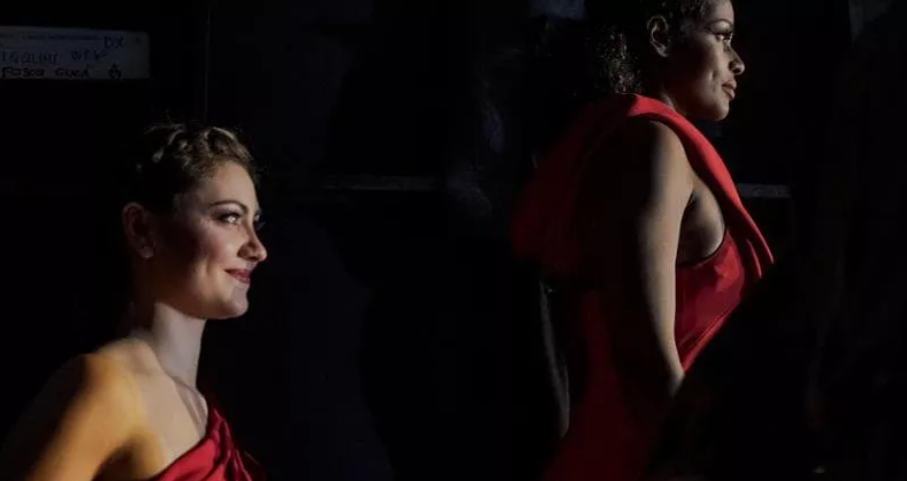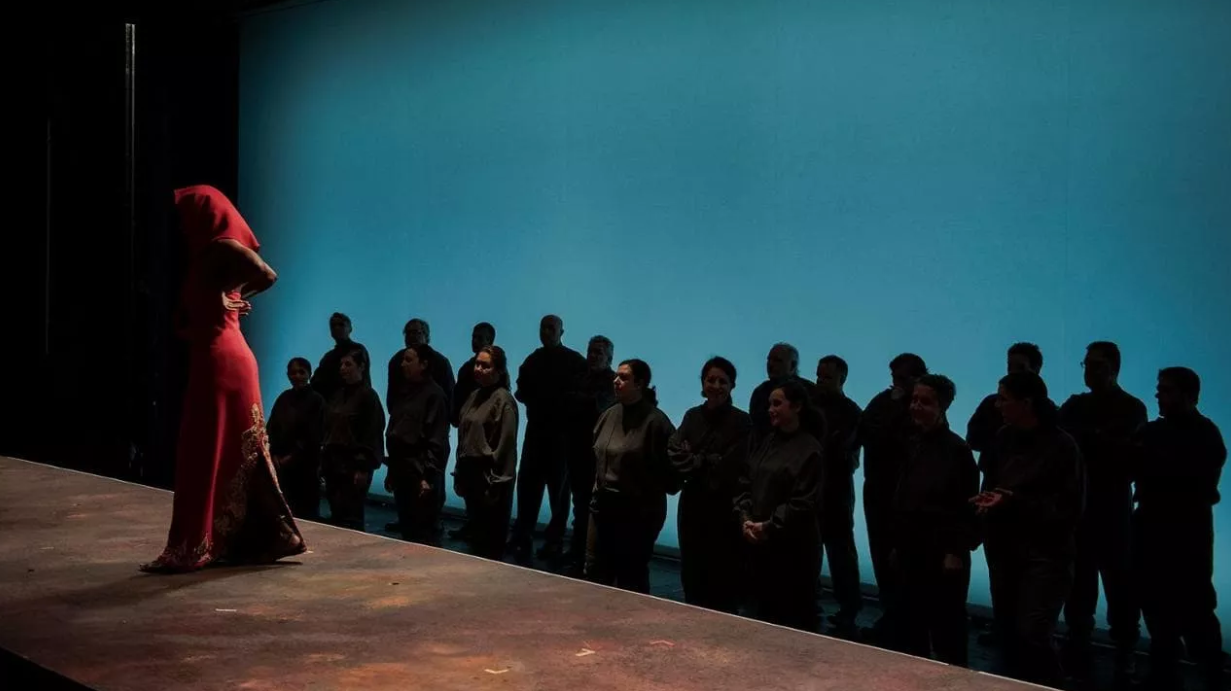
by Luca Baccolini
MARCH 17, 2024 AT 11:58 AM
The new diptych directed by Daniele Abbado, which was staged on Saturday evening, can still be seen on 19 and 21 March, before the film resumes in Reggio Emilia on 5 and 7 April

Finding themselves together on the same evening, Henry Purcell and Kurt Weill had a lot to talk about, despite the 244 years that separated their two topics of conversation, on the one hand “Dido and Aeneas”, a 1689 opera by the greatest English composer before arrival of Handel, and on the other “The Seven Deadly Sins”, a sung and danced ballet from 1933, at the dawn of the rise of Nazism.
It was the Comunale Nouveau that formed this unprecedented diptych, which was staged on Saturday evening in Piazza della Constitution (and still visible on 19 and 21 March, before the resumption of Reggio Emilia on 5 and 7 April), directed by Daniele Abbado, the musical direction of Marco Angius and the star Danielle De Niese in the double role of the two protagonists, the queen of Carthage and Anna.
Anna and Dido
Any doubts about the difficult coexistence of two such extreme titles, at the alpha and omega of the history of musical theatre, were immediately dispelled. It is precisely their hybrid nature, so distant if not antithetical to the idea of opera that we have had, that makes Dido and the Seven Sins coexist on the same stage. Dramaturgically, the Abbado line follows the theme of destruction: Dido, abandoned by Aeneas, sees her city, and therefore herself, collapse; the two Anna sisters (actually just one person) who wander hallucinated through seven American metropolises, as many as the deadly sins, almost seem to be the consequence of the annihilation of the soul emptied of all principles.

Musically, Angius managed to transform Didone into a contemporary work: not only by inserting fragments of recordings by Luigi Nono (I canti di Didone, on texts by Ungaretti, 1958) and by Giacinto Scelsi (Okanagon), but by restoring to this title the sense of a work open to every possible reading. The result was a deliberately anti-baroque concert, as if it had been born on the ashes of the score, which in fact never reached us in its original version.
Danielle De Niese queen of singing
On stage, Danielle De Niese confirms herself as a chameleonic queen of the stage, a true prima donna who interprets theater not as a vocal performance, but as a vocal gesture, motivated by an actorly awareness with few comparisons. With her Mariam Battistelli, a Belinda with a very pure voice, and Bruno Taddia, star of the stage in the role of the Sorceress who instigates Mercurio to make Aeneas leave, the excellent Francesco Salvadori.

Leave a Reply